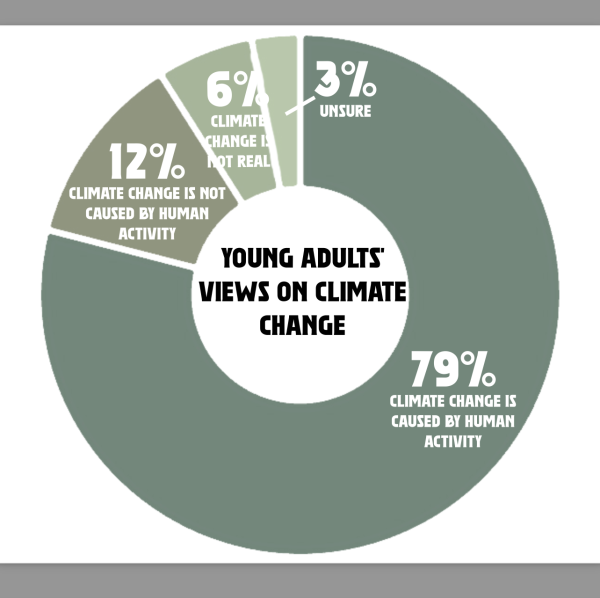Biden’s Build Back Better Bill proves essential
February 11, 2022
“How are we going to pay for that?”
Whether it’s a widely-popular infrastructure bill or a climate program, the first question on everyone’s mind is: where the money is going to come from?
The question makes sense. The number of dollars in the bank is limited despite the infinite number of problems there are to solve. Nobody who worked hard for their money wants it spent with ease.
However, as important social initiatives struggle to make their way through Congress, increases to the defense budget march through without scrutiny. It begs the question: where do our priorities really lie?
Prioritizing social spending is long overdue. That starts with passing the Build Back Better Bill and applying the same ruthlessly critical eye to our defense budget that we do with everything else.
On Nov. 19, the House passed Biden’s Build Back Better Bill, or rather, a version of it lacking what were previously its most important provisions. The original called for $3.5 trillion of spending over 10 years, but the version passed by the House proposed only $1.75 trillion over the same period.
What got left out? Paid parental leave, free community college, additions to Medicare coverage (vision, dental, etc.), and a proposal to let Medicare negotiate lower drug prices.
The United States will remain as one of only seven countries, according to the World Policy Analysis at the University of California Los Angeles, that doesn’t offer guaranteed family leave.
In the same month, the House passed a $28 billion increase to Biden’s $740 billion defense budget; before the Trump administration, the annual budget was over $130 billion lower. The stinginess found in the Build Back Better Bill was nowhere in sight when it came to passing our massive defense budget.
Where are our national priorities? Where is the scrutiny for defense spending?
Defending the United States is a huge job, but the budget has climbed ruthlessly. At $768 billion a year, the United States spends more on defense every year than the next top 10 countries put together, many of whom are U.S. allies, according to the Stockholm International Peace Research Institute. We spend more on our defense annually today than we did at any point during the Vietnam or Cold War, even when adjusted for inflation.
For all of the discussion about the insane net worths that billionaires have amassed, Elon Musk’s net worth couldn’t even cover the Pentagon’s budget for 95 days.
The $130 billion increase to the annual budget doesn’t seem like much compared to the large budget, but it’s nothing to sneeze at. The College For All Act, written by Senator Bernie Sanders and Representative Pramila Jayapal, proposed no tuition at public universities for students with a household income of less than $125,000. The bill was estimated to cost $47 billion a year, according to Sanders’s own summary.
That $130 billion a year could go so much further. That $28 billion a year could be tangibly impacting people’s lives.
The Build Back Better Bill is a hollow shell of its previous self after being essentially cut in half, but it has plenty of important parts left in it. Over the next 10 years, $550 billion is going towards investments in clean energy. It ensures universal access to Pre-K education and provides parents with tax credits for children below the age of 17 of a few hundred dollars per year. These important provisions are still worth passing, both for the economic investment in the wellbeing of our country and for the humanity of our fellow Americans.
Our national priorities seem to lean towards increasing the defense budget, no matter how egregious that becomes and how underfunded other aspects of the government seem to be.
Supporting our students, our planet, our elders, and our children should come before endlessly throwing money at the military industrial complex that continues to profit from war.
The “how are we going to pay for that?” question looms over every piece of legislation when it comes to healing the sick or investing in clean energy. Congress needs to start asking themselves that same question when it comes time to give the Pentagon an extra $28 billion to an already increased budget.
Although it may save money on paper, not passing the Build Back Better Bill is what comes at the greatest cost.














